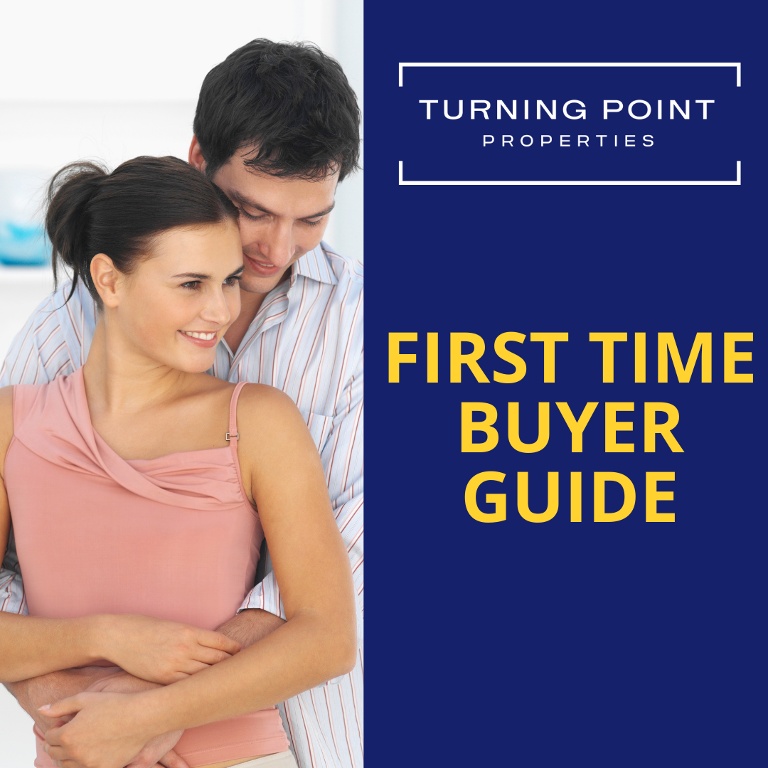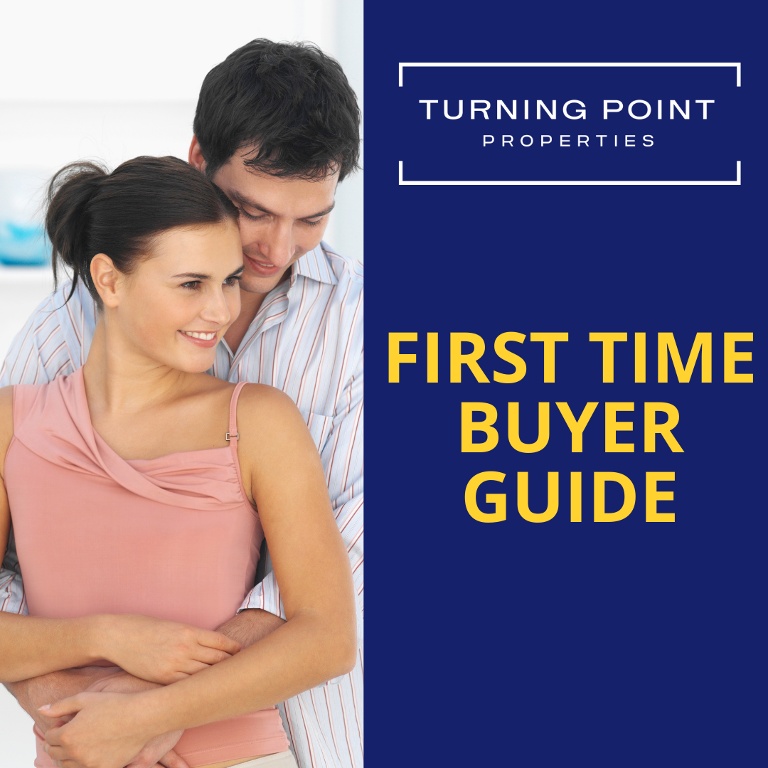First Time Buyer Guide
If you are a first-time buyer wondering what you need to buy a house or flat, then have a read below.
How much deposit do I need to buy a house?
Before looking at properties, you need to save for a deposit. Generally, you need to try to save at least 5% to 20% of the cost of the home you would like.For example, if you want to buy a home costing £150,000, you’ll need to save at least £7,500 (5%). Saving more than 5% will give you access to a wider range of cheaper mortgages available on the market.
Work out the true costs of buying a home
- Mortgage arrangement fee and valuation fees
- Building insurance
- Solicitor fees
- Stamp duty
- Surveys
- Removal costs
- Home repairs
- Furniture and decorating costs
Make sure you can afford your monthly repayments
The most important thing to bear in mind as a first-time buyer is that you can really afford the next step. I would suggest ever before looking at properties is to put together a budget outlining all the associated costs. Lenders will carryout an initial affordability check firstly to establish what type of property you afford.
Finding a mortgage
There are many mortgage deals to choose from that’s why we recommend speaking with an independent mortgage advisor who are search across the board in finding you the most suitable package.
Freehold or leasehold
We get asked this a lot. The freehold of a property owns it outright, including the land its built on. The leasehold of a property is were you own the property for the length of your lease agreement with the freeholder. When the lease ends, ownership returns to the freeholder, unless you can extend the lease. Typically these types of properties are flats and maisonettes.
The mortgage application process
Whichever mortgage you apply for, your lender will want to know you can continue to make your repayments. You will need to provide evidence of your income, and provide information of your outgoings, including debts, household bills and other costs such as clothing, travel and childcare. To prove your income, you will need to produce payslips and bank statements. If you’re self employed, you will be asked for business accounts going back at least two tax years.
If you are unsure of who you need to speak to, please feel free to get in touch and we can point you in the right direction of a Solicitor and Independent Mortgage Advisor.
028 6634 0077
sara@turningpointptroperties.co.uk
Send us a messagewww.turningpointproperties.co.uk

